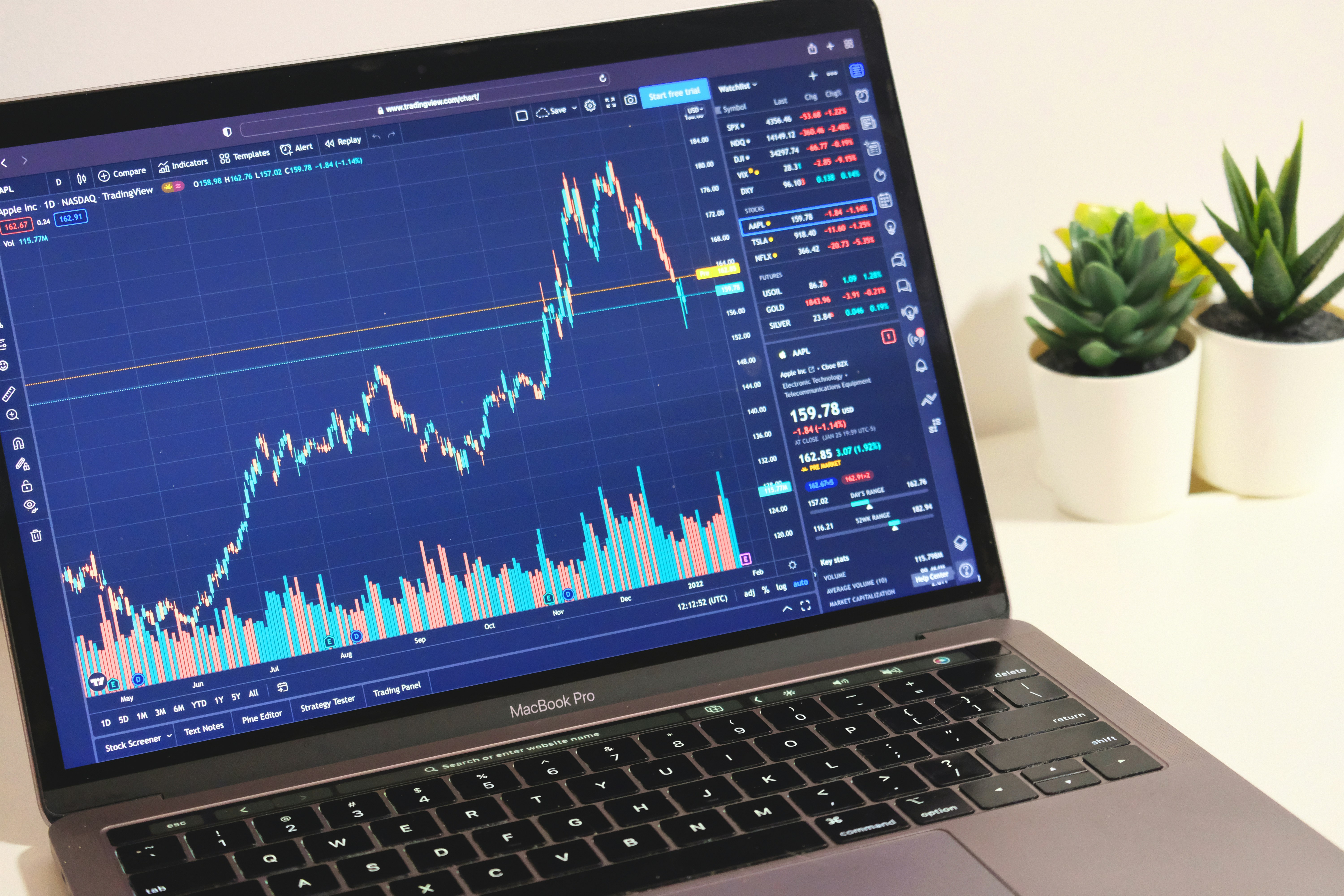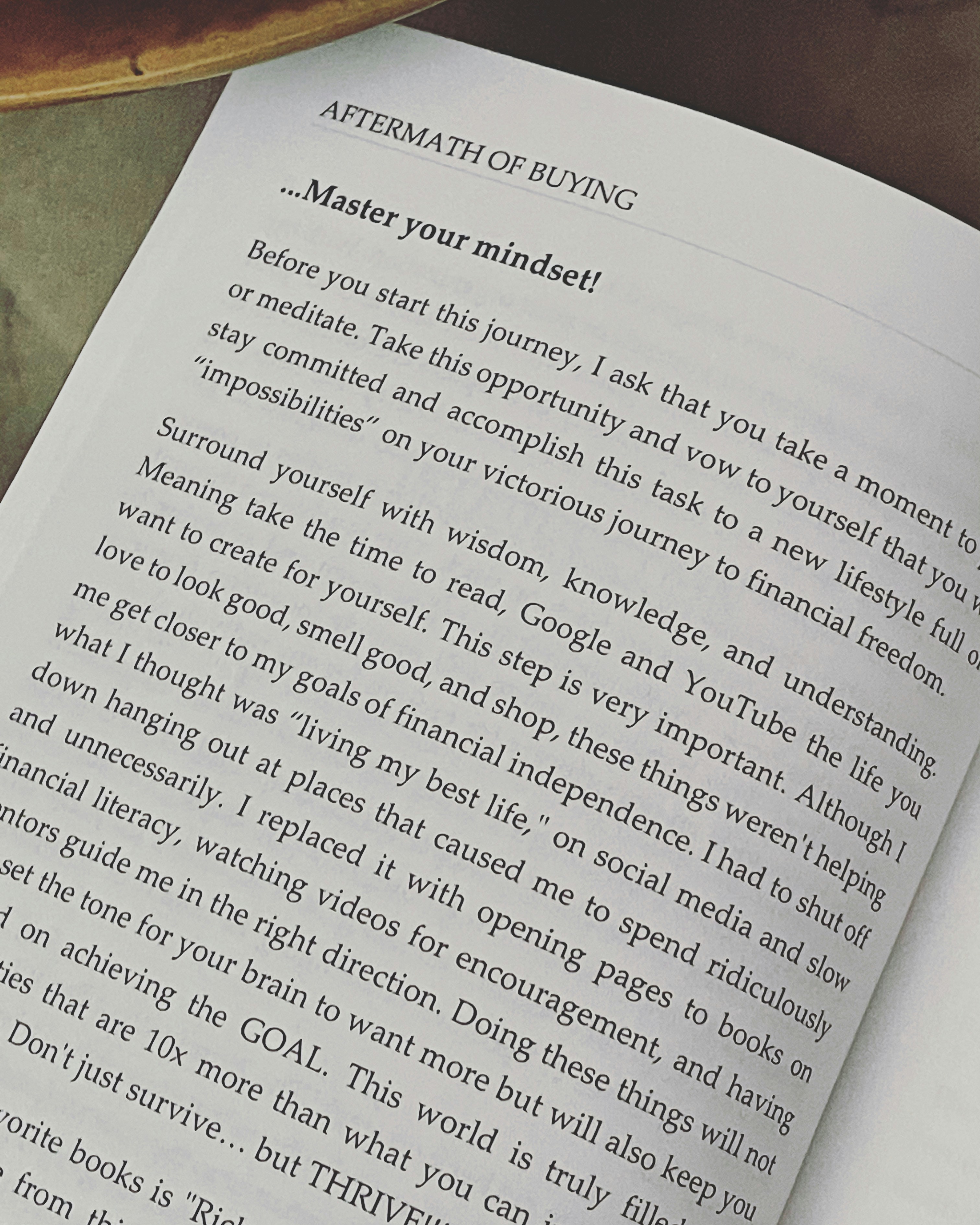"Better Every Day For You" -NeoKalon
Forex Trading: How to Start Without Blowing Your Account

Understanding Forex Trading Basics
Foreign exchange, commonly referred to as forex, represents the largest financial market globally, where currencies are traded. Essentially, forex trading involves the simultaneous buying of one currency and selling another, enabling traders to profit from changes in exchange rates. The appeal of forex lies in its accessibility and liquidity, making it a popular choice among both novice and experienced traders. Understanding the basics of forex trading is essential for anyone interested in entering this dynamic market.
The forex market operates 24 hours a day, five days a week, allowing traders to engage in trading activities around the clock. This continuous operation is facilitated by a network of financial institutions and market participants that span multiple time zones. Successful trading in this environment necessitates a comprehension of several key components, including currency pairs, pips, and spreads. Currency pairs consist of two currencies, where the first currency is referred to as the base currency, and the second is the quote currency. For instance, in the EUR/USD pair, the euro is the base currency, while the US dollar is the quote currency.
Pips, or “percentage in point,” are the smallest price movements in forex trading, typically representing a change in the fourth decimal place of a currency pair. Understanding how to calculate pips is crucial for measuring price fluctuations and potential profits. Additionally, spreads refer to the difference between the buying and selling price of a currency pair, serving as an indicator of liquidity and market conditions. Traders must be familiar with these terminologies and concepts to build a solid foundation before engaging in trades.
Moreover, research and continuous learning are vital in mastering forex trading basics. Investors are encouraged to delve into educational resources and trading literature to enhance their knowledge and ensure a safer trading experience within this vast market.
Choosing a Reliable Broker
When embarking on your forex trading journey, selecting a reliable broker is paramount to your success and safety. A trustworthy broker will not only provide a secure trading environment but also enhance your overall trading experience. There are several key criteria you should consider while evaluating potential brokers to ensure you make an informed decision.
One of the fundamental aspects to check is whether the broker is regulated by a reputable authority. Regulatory bodies such as the Financial Conduct Authority (FCA) in the UK or the Commodity Futures Trading Commission (CFTC) in the U.S. establish certain standards that brokers must adhere to for ensuring fair practices. You can verify a broker’s regulatory status through the respective authority’s website, which offers a level of protection against fraud.
The trading platform’s functionality is another critical factor in your selection process. A user-friendly and reliable platform enhances trading efficiency, and many brokers offer demo accounts that allow you to practice without risking real money. Evaluating the platforms available can help you determine which broker aligns better with your trading style.
Customer service is equally important. Prompt and effective support is vital, especially for beginners who may encounter challenges. Researching the availability of customer service channels, including live chat, email, and phone support, can give you insights into how responsive a broker is to its clients.
Another aspect to consider is the fee structure. Forex brokers may charge commissions, spreads, or other fees that can impact your profitability. It is advisable to compare these costs among various brokers while also reviewing the terms and conditions associated with each fee type.
Lastly, leverage online resources and reviews to gauge the experiences of other traders. Community feedback can often highlight potential red flags associated with certain brokers. By integrating these critical evaluation points into your research, you can better navigate the landscape of forex trading and select a broker that will support rather than hinder your trading success.
Implementing Risk Management Strategies
Risk management is a fundamental aspect of forex trading that often determines a trader’s success or failure. To navigate the volatile nature of currency markets, traders must employ various risk management strategies that safeguard their investments while optimizing potential returns. One of the primary tools for managing risk in forex is the use of stop-loss orders. A stop-loss order is an instruction to close a trading position once it reaches a certain unfavorable price level. By setting a stop-loss, traders can limit their losses and prevent significant capital erosion from a single negative trade.
Additionally, determining the appropriate position size is critical in risk management. Position sizing refers to the volume of a trade relative to one’s total trading capital. A common guideline is to risk only a small percentage of total capital—often recommended at 1-2%—on any single trade. This approach ensures that even a series of losses does not deplete a trader’s account, allowing them to stay in the market for the long run. To further enhance capital protection, traders should thoroughly understand leverage, as it can amplify both gains and losses. While leveraging can increase the potential for higher returns, it is essential to use it cautiously, as excessive leverage can lead to significant financial jeopardy.
Moreover, maintaining emotional discipline is crucial to effective risk management. Traders must cultivate the ability to adhere strictly to their trading plan without succumbing to fear or greed, which can lead to impulsive decisions. By focusing on systematic strategies and maintaining a disciplined approach, forex traders can protect their capital, avoid common pitfalls, and develop resilience against market fluctuations. Integrating these risk management strategies is vital for any trader seeking to build a sustainable and responsible forex trading practice.
Developing a Trading Plan and Emotional Discipline
Creating a solid trading plan is paramount for anyone embarking on a journey in the forex market. A well-structured trading plan not only establishes your personal goals but also aligns with your risk tolerance and time commitment. This plan should include clear, measurable objectives, such as the percentage of profit you aim to achieve over a certain period, which helps maintain focus and motivation. It is essential to be realistic when setting these targets; impulse decisions often lead to unforeseen losses and may undermine a trader’s confidence.
Documentation plays a critical role in developing an effective trading plan. Keeping a journal of your trades, including entry and exit points, reasons for the trade, and the outcomes, can provide invaluable insights over time. This log serves to enhance self-awareness, allowing you to recognize patterns in your trading behavior. By evaluating both successful trades and mistakes, you can sharpen your strategy continuously.
Emotional discipline cannot be overstated when navigating the challenges of forex trading. The ability to stick to your plan, regardless of market volatility or personal emotions, is what often distinguishes successful traders from those who struggle. Techniques such as setting predetermined stop-loss orders and practicing mindful trading may mitigate emotionally driven decisions. Furthermore, engaging in demo trading can be particularly beneficial for beginners. This method allows traders to test out their strategies in a risk-free environment, fostering confidence and helping them refine their approach without the pressure of real financial loss.
Incorporating these components into your trading practice will empower you to approach the forex market with a strategic mindset. By adhering to a comprehensive trading plan and cultivating emotional discipline, traders can build a foundation for sustainable success in their trading endeavors.
Recommended Reads & Related Resources
To help you go even deeper on your journey to living without limitations, here are some powerful books and articles we recommend. These resources can expand your mindset, build discipline, and inspire lasting change.
📚 Books to Read:
- Atomic Habits by James Clear – A practical guide on building systems and making small changes that lead to big results.
- The Subtle Art of Not Giving a F*ck by Mark Manson – A brutally honest book on letting go of unimportant things and living life on your own terms.
- Can’t Hurt Me by David Goggins – A powerful story of resilience, mental toughness, and pushing past limits.
- Ego Is the Enemy by Ryan Holiday – Learn how to conquer your inner resistance and lead with humility and strength.
Explore More & Stay Connected
If you found this post helpful or inspiring, make sure to check out our other articles on personal growth, mindset, and building a life of purpose. Every blog is crafted to help you break free from limitations and become the person you’re meant to be.
👉 Browse more blog posts here
👉 Return to the NeoKalon homepage
We update regularly, so don’t miss out on fresh content designed to challenge your mindset and fuel your journey. Your transformation starts here — one step, one thought, one habit at a time.
And of course don’t forget to leave a comment of your opinion and thoughts about this post. And thanks again for reading. Until next time.



